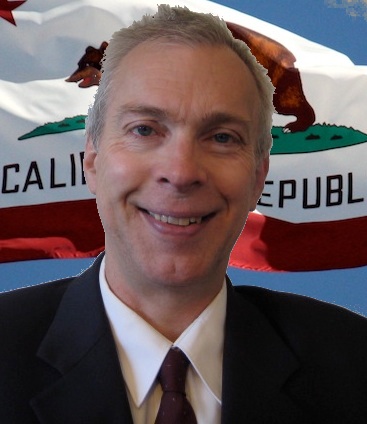iv. Family Stability and Education Levels
v. Total Goods and Services (not just monetary)
vi. Disparity of Wealth Accumulation
2. Recognizing the Limits of Growth & Resources and creating a Sustainable, Steady State Economy that regards infinite growth as impossible and undesirable, and so strives for stable and robust markets, employment, production, and consumption rates in an economically efficient way through such principles as Recycle, Reuse, Reduce, Repair [and Restore].
4. Choosing democracy over empire through Fair Trade, not Free Trade, repudiating military, political, and economic hegemony over other nations and peoples, and moderating the disparity of wealth so that it is in better accord with the natural diversity of personal industry, interest, and ability.
5. Ensuring Diversity, Democracy, Decentralization, Plurality, and Equal Opportunity in the public, private, and commons sectors of the economy, both with respect to individual participants and the kinds of structures, organizations, and businesses they may form.
6. Emphasizing Stewardship and Fiduciary Responsibility in the Marketplace over traditional ownership which only assumes the rewards associated with possession [and non-productive growth].
7. Advocating Freedom and Innovation in the Humanized Marketplace by limiting regulations and disincentives to economic activity only where the well-being of the environment, society, and community necessitates such, and generally emphasizing Middle-sized Government to accomplish this.
8. Following the Precautionary Principle (even while also promoting new research and developing a high technology economy), because our long term best interest lies in waiting for a scientific consensus about the dangers of specific new technologies before utilizing them; we should conservatively heed even a minority view calling for caution.
from Oregon Green Party (Eric Douglas)
---
How We Measure Progress (real wealth)
The GPI starts with the same personal consumption data that the GDP is based on, but then makes some crucial distinctions. It adjusts for factors such as income distribution, adds factors such as the value of household and volunteer work, forests, wetlands, agricultural lands, non renewable resources such as oil, minerals, rainforests, and subtracts factors such as the costs of deforestation, crime and pollution.
Because the GDP and the GPI are both measured in monetary terms, they can be compared on the same scale. Measurements that make up the GPI include:
Income Distribution
Both economic theory and common sense tell us that the poor benefit more from a given increase in their income than do the rich. Accordingly, the GPI rises when the poor receive a larger percentage of national income, and falls when their share decreases.
Housework, Volunteering, and Higher Education
Much of the most important work in society is done in household and community settings: childcare, home repairs, volunteer work, and so on. The GDP ignores these contributions because no money changes hands. The GPI includes the value of this work figured at the approximate cost of hiring someone to do it. The GPI also takes into account the non-market benefits associated with a more educated population.
Crime
Crime imposes large economic costs on individuals and society in the form of legal fees, medical expenses, damage to property, and the like. The GDP treats such expenses as additions to well-being. By contrast, the GPI subtracts the costs arising from crime.
(Note: You can view every article as one long page if you sign up as an Advocate Member, or higher).





